 |
| April 14, 2020 |
Dear Reader,
Check out some of today's top stories: scientists have crafted a trap for the dengue virus using a scaffold made from fragments of DNA; new findings might explain how childhood adversity paves the way for mood disorders during and after pregnancy; and the coronavirus pandemic has paused some climate research, which could threaten long-standing studies and imperil weather forecasts in the near term. Also, our main story explores an anti-aging gene that researchers say could lead to a new treatment in preventing Alzheimer's disease. |
| | Sunya Bhutta, Senior Editor, Audience Engagement
@sunyaaa | |
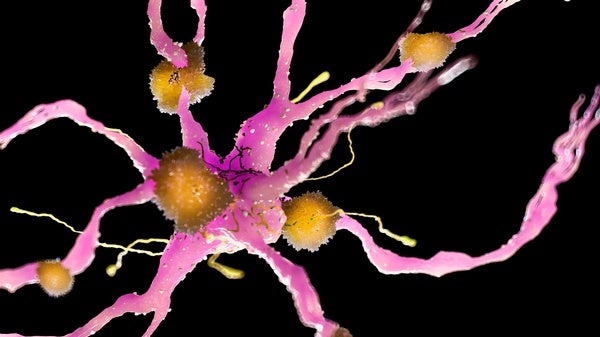 |
| |
| |
| |
| Policy & Ethics Practicing Medicine in the Time of COVID-19 Today's reality for physicians results from a long-term underinvestment in preparedness, placing moral distress on us when we are unable to carry out our oath to do no harm. | | | | |
| |
| |
| |
| Public Health Chloroquine, COVID-19 and Lupus The search for a coronavirus treatment should not come at the expense of poor, ailing people | | By Akpabio Akpabio,Ekemini Hogan,Utibe Effiong | | | |
FROM THE STORE
 | | Unlocking Happiness Take control and retrain your brain to achieve a happier, healthier state of mind. In this eBook, we examine aspects of daily life that affect mood such as perception, social support and time management and offer approaches shown to boost contentment, including reframing negative events, increasing resilience through self-compassion and practicing mindfulness. |  | | |
| |
FROM THE ARCHIVE
 | | | |
LATEST ISSUES
 |
| |
| Questions? Comments?  | |
| Download the Scientific American App |
| |
| |






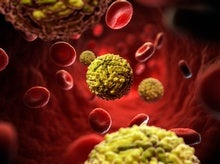

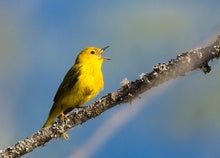




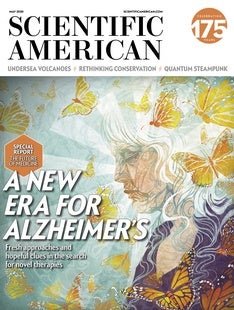

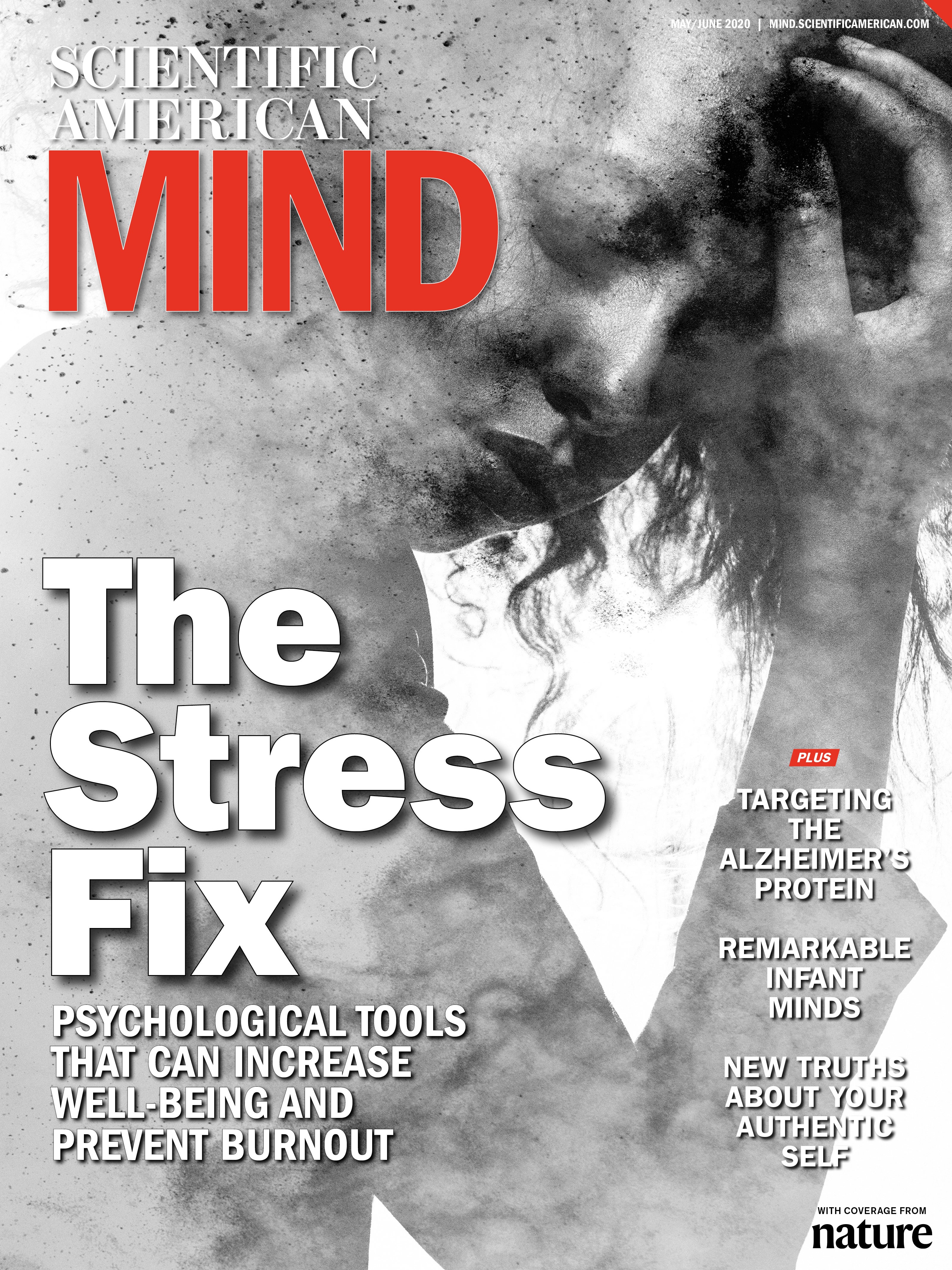

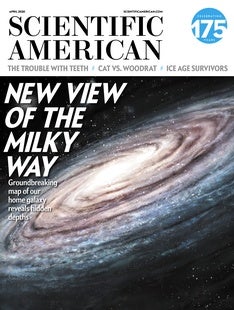



Comments
Post a Comment